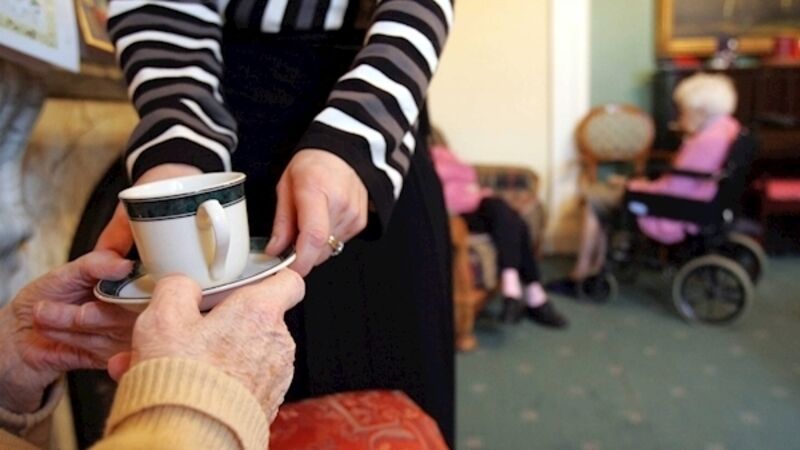'Easing that awful burden': Nursing home owners and the new normal

Diarmuid Ó’Dálaigh, owner of Oaklodge Nursing Home, has been considering the strange aspects of the new normal.
"It’’s their home," he says of the 65 residents in the facility in Cloyne in east Cork.











